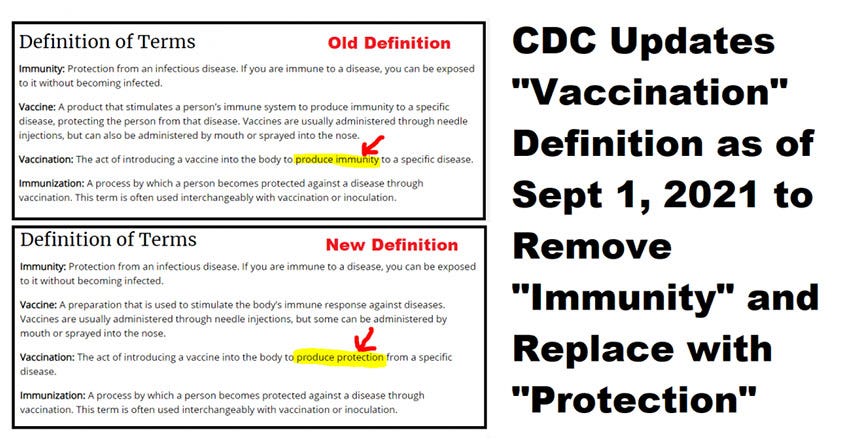Covid Injections
It's hard to provide informed consent when there are no answers yet
Like any organism, a virus seeks to survive. From an evolutionary perspective, the best way to do this is to become more infectious but less virulent. This is not to say that virii are conscious or determinant, but more future hosts make for better odds of survival.
They also can infect and remain prevalent in animals such as bats, cats and dogs. Being able to jump species is a remarkable achievement, though it doesn't happen that often in terms of mutation. Animals and humans have a common ACE2 receptor that Sars-Cov-2 uses to bind to cells, so it can easily jump between species.
This animal reservoir offers Sars-Cov-2 a survival and mutation option even if every human being on the planet is immunized. With rapid mutation, the virus continuously evolves to find new ways to infect hosts, making it nearly impossible to eradicate: this is the primary reason human beings have failed to find a cure for the common cold.
To follow, vaccines typically take 8-15 years to safely and effectively develop. Due to this, vaccines have never been a consideration for prevention of a coronavirus... until now.
The technologies being leveraged by the COVID vaccines, in particular the mRNA products attributed to Pfizer and Moderna, are novel in human beings.
Not having any long term data on the safety or effectiveness of the vaccines, the narrative surrounding them has constantly changed since their mass deployment starting in January 2021.
With the emergence of the delta variant, it soon became clear that while helping to prevent hospitalization and death, the vaccines could not prevent infection or stop transmission.
Further, multiple studies have demonstrated that the initial immunity provided by the vaccines wanes at a rate of approximately 8% per month.
This was fantastic news for the big pharma corporations and their shareholders, as it meant boosters would be required, and thus profits in perpetuity for the duration of the pandemic.
Shortly afterward, the definition of vaccine was changed in concert by multiple organizations:
Subsequently, the concept of vaccination for human beings changed from a single dose providing lasting immunity to an Immunity-as-a-Service model of continuous injections.
For reflection and discussion
What incentives do pharmaceutical companies have to improve the efficacy of the COVID vaccines now that they have been massively adopted?
Is the Sars-Cov-2 virus more or less likely to evolve in a way that evades the vaccine protections? Would this be more or less likely to occur if the host was vaccinated?
Given the long term effects of the vaccines are still unknown, what should individuals consider in terms of accepting booster shots?
Does it make sense to continue deploying a vaccine that was designed for a previous variant?
Has this content percolated your thinkin’ meat? Consider slappin’ me a few sats.
BTC: bc1q438lr7vw97zz06zm5h9q6gmc9s63y6e3pahnse
Next:
Early Treatment
Ever since the Sars-Cov-2 outbreak was declared a pandemic, doctors around the world began evaluating readily available drugs, or combinations thereof, to treat patients in the hopes of improving COVID outcomes. Early in the pandemic, an antiviral drug called Hydroxycloroquine began to show promise. It was low hanging fruit, as it had shown efficacy in t…





